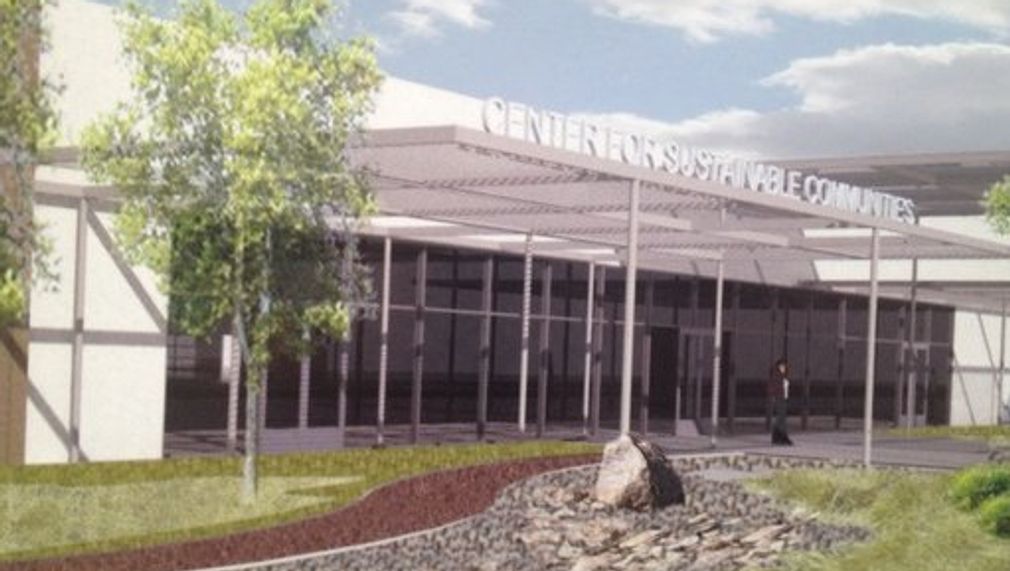The Center for Sustainable Communities in Compton CA
Utilizing the model of "What Makes Community?" as our focus, NHS is working with the City of Compton, Pacific Coast Regional, and Metro CDC to create the first of several Centers for Sustainable Communities in South LA. The CSC will help low-to-middle income families in Compton deal with the impacts of divestiture by serving as a hub to provide access to housing, transit, employment, healthy living, and community food resources that make communities stronger and more resilient.

In what areas of Los Angeles will you be directly working?
South LA
County of Los Angeles
How do you plan to use these resources to make change?
Engage residents and stakeholders
Implement a pilot or new project
Expand a pilot or a program
Mobilize for systems change
Advocate with policymakers and leaders
How will your proposal improve the following LIVE metrics?
Access to healthy food
Healthcare access
Number of households below the self-sufficiency index
Obesity rates
Housing affordability
Walk/bike/transit score
Acres and miles of polluted waterways
Percentage of LA communities that are resilient (Dream Metric)
Percentage of residents receiving coordinated healthcare services (Dream Metric)
Please explain how you will evaluate your work.
Gauging the success and impact of the project will require tracking data among partners and service providers that utilize the facility. NHS will work with partners to consolidate and filter impact data of those taking courses, attending classes, and receiving training. Affiliated groups working through the Center will be asked to share all relevant statistics and deliverables data with NHS. NHS will serve as the central filter for evaluating the impacts and status of job training, homeowner education, senior and afterschool programming, and small business education programs.
Specific annual benchmarks include:
• Providing healthy living services and resources to 1,500 residents;
• Assisting 1,200 families through the Financial Opportunity Center;
• Improving job readiness and overall skills base of local workforce by 20%;
• Establishing 50 home and neighborhood gardens with youth workers;
• Increasing lending access for 50 small business owners.
How can the LA2050 community and other stakeholders help your proposal succeed
Money (financial capital)
Volunteers/staff (human capital)
Publicity/awareness (social capital)
Infrastructure (building/space/vehicles, etc.)
Education/training
Technical infrastructure (computers, etc.)
Community outreach
Network/relationship support
Quality improvement research